Fasting cures cancer: No scientific evidence yet
According to specialist 2 Dinh Tran Ngoc Mai, Department of Nutrition - Dietetics, University of Medicine and Pharmacy Hospital, Ho Chi Minh City, although some studies on animals have suggested that energy restriction can slow the development of cancer cells, to date, there is still no reliable scientific evidence confirming that fasting for many days can treat or cure cancer in humans.
On the contrary, clinical practice shows that prolonged fasting in cancer patients carries a very high risk of causing severe malnutrition, directly affecting treatment prognosis and recovery ability.
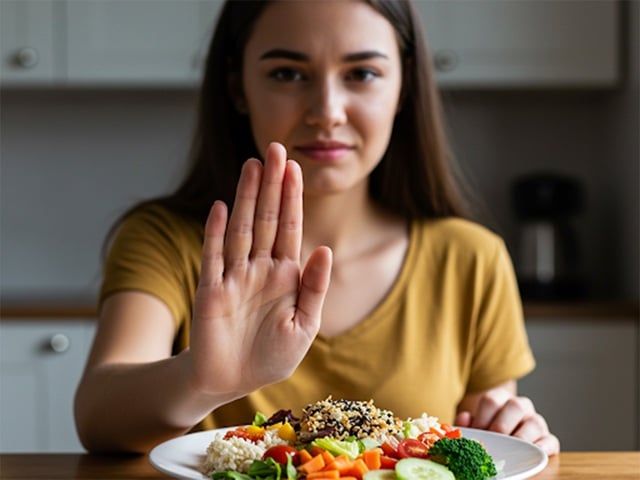
There is no reliable scientific evidence to confirm that fasting for many days can treat or cure cancer in humans.
Photo: AI
Fasting makes the body more exhausted quickly
According to statistics from the European Society for Clinical Nutrition and Metabolism 2024 (ESPEN), up to 60-80% of cancer patients are malnourished during treatment, depending on the type of cancer and stage of the disease. In patients with gastrointestinal cancer, this rate can exceed 70%.
The main cause is the side effects of chemotherapy and radiotherapy such as nausea, vomiting, oral mucosal ulcers, digestive disorders... causing patients to lose their appetite, eat poorly, and absorb poorly.
In that context, if the patient continues to fast for many days, the body will become more rapidly exhausted, reducing muscle mass, weakening immunity, leading to reduced tolerance to treatment drugs, increasing the risk of complications and reducing survival rate.
In addition, prolonged fasting also causes electrolyte imbalance, hypoglycemia, and reduced brain and cardiovascular function - dangerous complications that can be life-threatening if not treated promptly.
Therefore, cancer patients need to have their nutritional status fully assessed and develop a reasonable diet for each stage of the disease, under the guidance of a nutritionist and a treating physician. Fasting arbitrarily, without a clear scientific basis, especially in the context of the body being weakened by illness and treatment, is absolutely not recommended.
Instead of fasting, choose a healthy diet.
Dr. Ngoc Mai shares that instead of fasting, you should follow a healthy and balanced diet as follows:
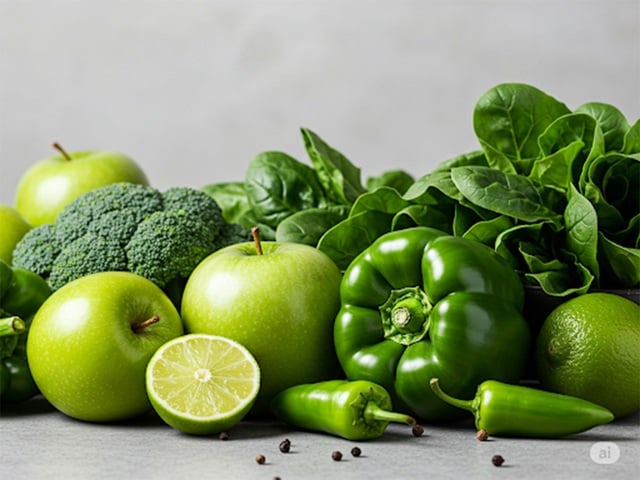
Instead of fasting, we should increase green vegetables and fresh fruits in our meals.
Photo: AI
Increase green vegetables and fresh fruits : Contains many antioxidants and fiber.
Limit red meat and processed foods : Reduce portions and replace them with healthy protein sources like fish, beans, and nuts.
Prioritize healthy cooking methods : Steam, boil, or stir-fry instead of baking or frying.
Use whole grains instead of refined ones : Brown rice, oats, and whole wheat bread provide fiber and sustainable energy.
Reduce sugar and salt : Control the amount of sugar and salt in your diet to reduce the risk of inflammation and chronic disease.
"Fasting is not the optimal method for weight loss or cancer prevention. It is important to build a balanced, healthy diet, combined with an active lifestyle to maintain the best health. If you want to adjust your diet, consult an expert for appropriate guidance," Dr. Ngoc Mai shared.
Source: https://thanhnien.vn/can-trong-trao-luu-tren-mang-xa-hoi-nhin-an-chua-khoi-ung-thu-185250514203109022.htm




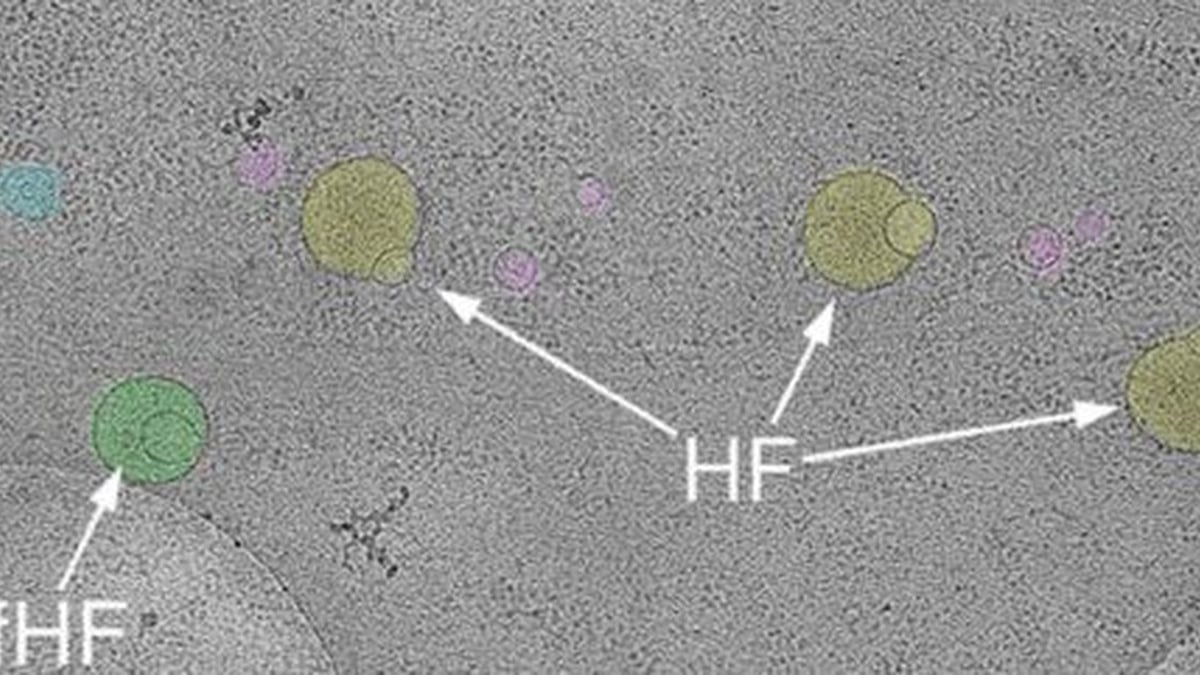





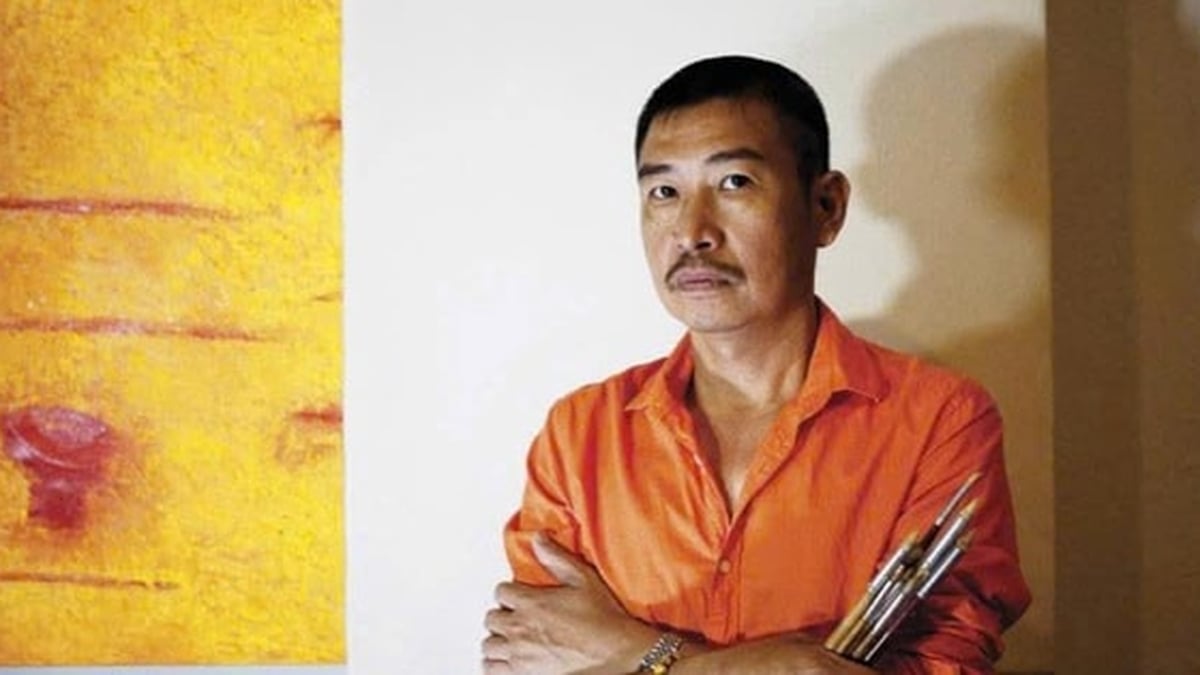






















































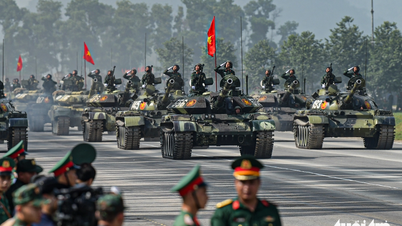

































Comment (0)